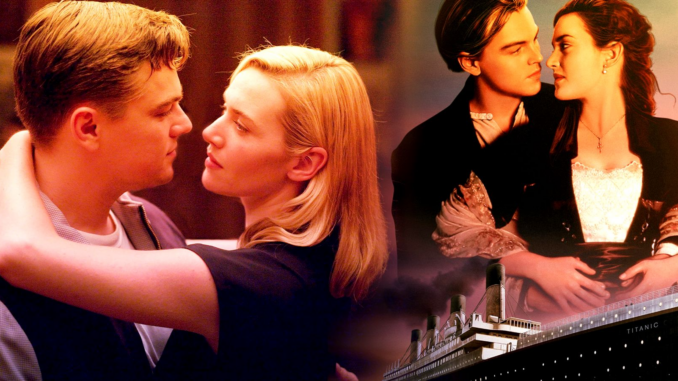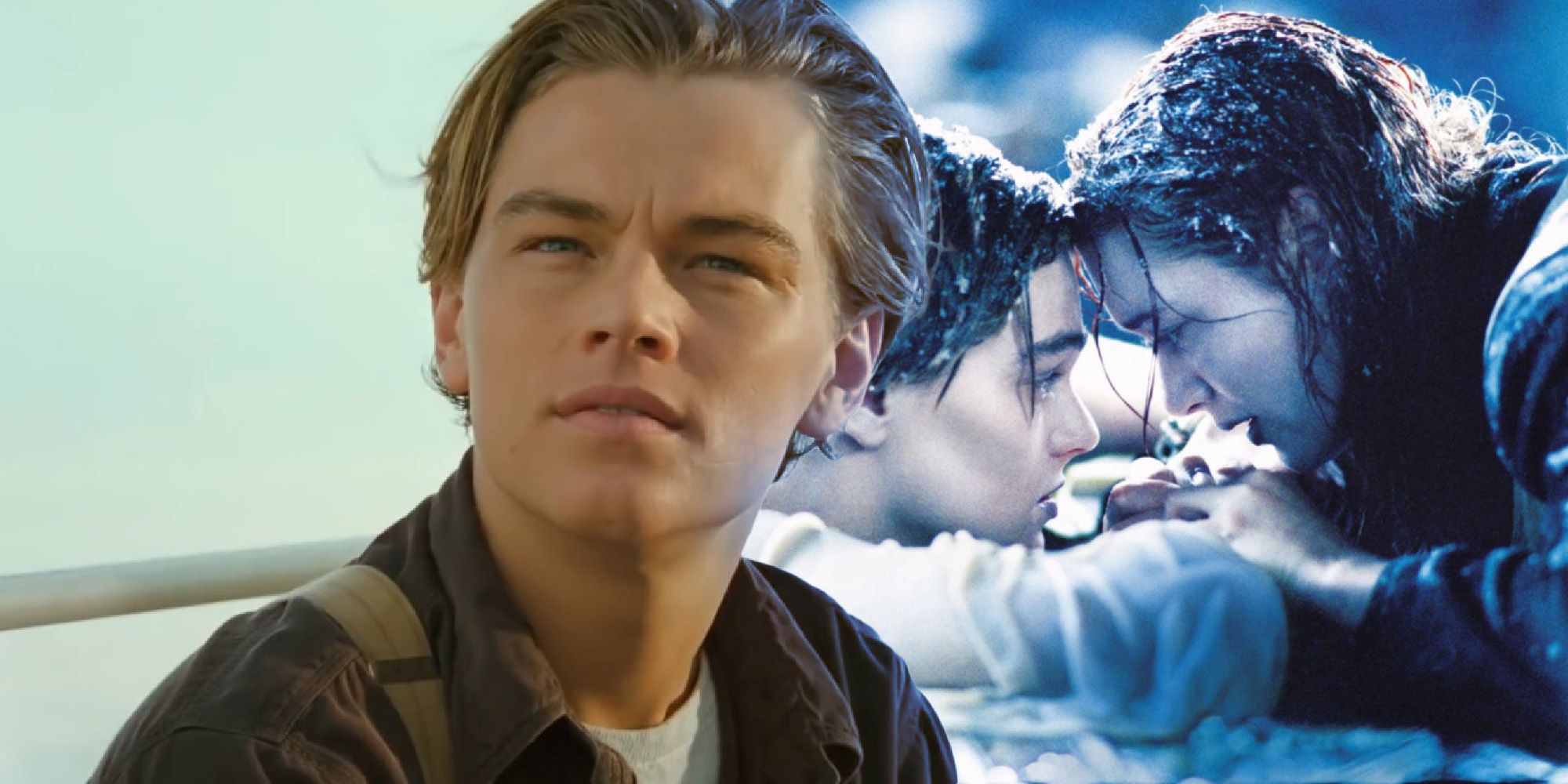
Did Jack Dawson really need to die in *Titanic*? Portrayed by Leonardo DiCaprio, this fictional character succumbs to the icy waters of the Atlantic Ocean in James Cameron’s 1997 epic, leading many viewers to cry every time they watch the film and prompting debates about whether Rose could have saved him. However, Jack’s death is more than just a matter of the floating door’s size. It is crucial to the structure and themes of Cameron’s screenplay.
With its 195-minute runtime, *Titanic* is packed with significant moments. Alongside the contemporary storyline involving treasure hunter Brock Lovett (Bill Paxton), the central love story between Rose DeWitt Bukater (Kate Winslet) and Jack Dawson (DiCaprio) is front and center. Given the film’s grandeur, from its lavish production design to its star-studded cast and historical backdrop, viewers might overlook subtle lines of dialogue that foreshadow the story’s trajectory. The screenplay’s structure reveals that Jack’s death was necessary not only to save Rose but to achieve narrative harmony.

Cameron introduces the thematic motif of “never let go” shortly after Jack wins a poker game, allowing him and his Italian friend to board the Titanic. By the 38-minute mark, Jack saves Rose from jumping off the ship, promising, “I won’t let go.” This moment sets up a recurring theme, where the characters’ interactions reflect their initial encounter. Later, Rose defends Jack when authorities question their actions, further developing their dynamic. By the end of the film, Jack’s death is essential to restoring narrative balance.
Cameron deepens the “never let go” theme as Rose decides to stay with Jack on the Titanic, declaring, “You jump, I jump.” Their love story comes full circle when they return to the spot where they first met, just before the ship breaks apart. As tensions escalate, Jack’s earlier promise and the iconic door scene—where Jack says, “You’re going to die an old lady, warm in her bed,” and Rose responds, “I’ll never let go”—reinforce their bond. Jack’s death marks the start of a new cycle in which Rose embraces her life fully. Just before making this decision, she lets go of Jack both literally and figuratively, pledging, “I’ll never let go, I promise.”

In 2017, Cameron explained that Jack’s death was necessary for the story’s emotional impact: “Had he [Jack] lived, the ending of *Titanic* would have been meaningless… The film is about death and separation; he had to die.”
Jack and Rose’s love story is intricately woven into Cameron’s screenplay. The film’s powerful impact relies on a strong narrative structure that connects thematic elements with audience emotions. While Jack could have theoretically shared the door with Rose, it’s clear that both characters are exhausted. Jack’s death, central to the “never let go” theme, concludes the story on a note of profound emotional and thematic resolution. In a final symbolic gesture, Rose throws the “Heart of the Ocean” into the sea, offering her heart to Jack and reinforcing the film’s narrative harmony.
